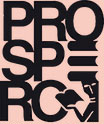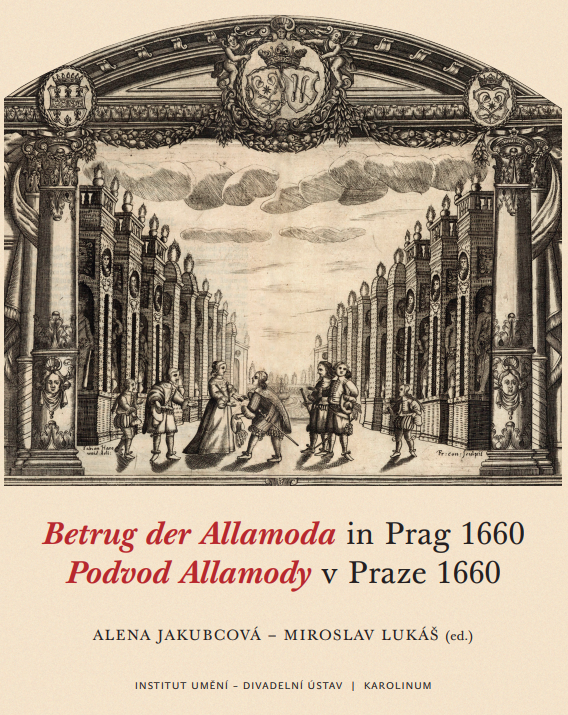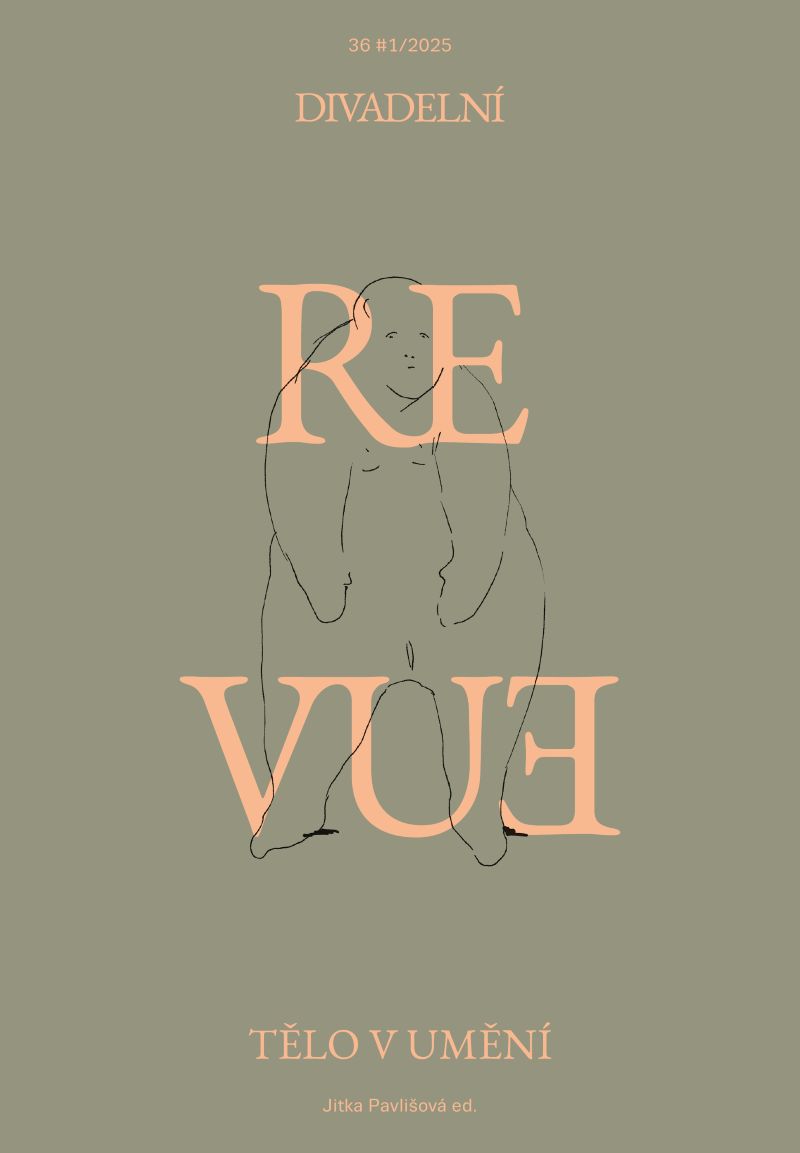Theatre Revue 1/2024
8 €
Starting with the 35th edition, the journal Divadelní revue is switching to Open Access mode and opening up to interdisciplinary access. Issues are structured thematically; topics are viewed from the perspective of theatre studies, as well as other disciplines. We also advocate openness to different methodological approaches. Divadelní revue remains a peer-reviewed periodical (included in the SCOPUS database) and is still published by the IDU Cabinet for the Study of Czech Theatre.
Description
In this revue we touch upon the theme of margins, peripheries, depths and inessentials; phenomena seemingly marginal, hidden, hidden and distant are put in the spotlight. Using the concepts of performativity and narratology, the contributions of Matúš Jaluška and Martin Šorm reveal further meanings of the medieval texts on Stilfrid and Apollo. The analysis of the performativity of the Middle Ages is continued by the contribution of Eliška Kubartová, who brings into play the musical tools of literary phenomenology and cognitive theatrology, with the help of which she explains the mimetic mechanisms of medieval sensual piety. The marginal and the hidden are made the subject of her research by Kateřina Vršecká, who writes about the stage notes of medieval church plays. Jarmila Veltruská reveals her fascination with the world of the medieval text with characteristic modesty in an interview.
Margins in the sense of geography, but also in terms of research interest, canon, social stratification, etc. are dealt with in Martin Jemelka’s study on the theatre of Silesian spiritualists and Agata Kravčíková’s study of workers’ theatre in Ostrava. Petra Ježková’s contribution on the motivations, everyday life and frustrations of immigrants to America at the turn of the 19th and 20th centuries takes the reader to a different cultural periphery. As with Czech immigrants to the United States, theater and other performative activities helped them overcome mental and physical difficulties and maintain morale. Stehlíková publishes a diary of her own polar expedition in the section Desiderata, which presents texts of a reportorial nature devoted to plans and expectations and their confrontation with reality. With the help of sources from the office of President Masaryk, Jitka Ludvová documents the plight of some German theatres operating in Czechoslovakia and the theatrical consequences of the national frictions that the new state could not avoid. Ondřej Šrámek’s panoramic probe into the theatre of the Lusatian Serbs shows that for this small nation, too, theatre had and still has an essential role in the struggle to maintain national identity. The reviews of new publications, Ex libris and a selection of new book titles were also conceived by Otto Drexler with the theme of the issue in mind. Together with Dita Lánská, they conclude the volume with a report from the Theatrical Society.
In this issue, we reflect on the fact that there is, in short, another kind of attraction, where, unlike gravity, the further away the more. Join us in exploring the distant, the other, the hidden, the embedded – in time, in place, in layers of perception, in society, in the interest of researchers….







